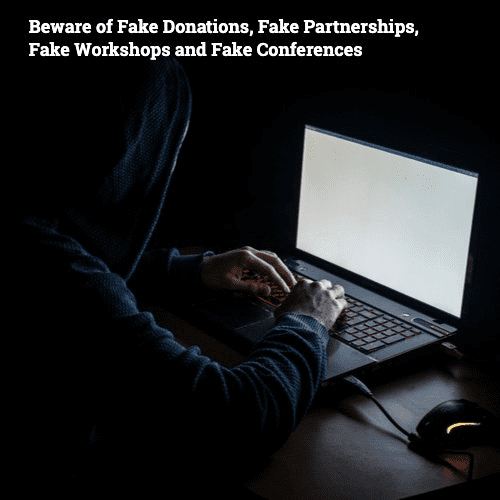

An online scam is a fraudulent activity carried out over the Internet by providing incorrect information for the purpose of stealing money or assets from victims. Online scams are one of the biggest threats to businesses and governments around the world as they end up with severe financial losses and mental and emotional harassment of victims.
According to the Consumer Sentinel Network, which is maintained by the Federal Trade Commission of the United States Government, there were 535,000 imposter scams and 167,000 identify theft cases reported, leading to a loss of more than $1.4 billion in 2018. These figures have only increased to $406 million over what was reported in 2017.
While every sector, business and industry have been affected by an online scam, the Sentinel Network calculated the highest media individual losses found to be present in three categories in 2018. These categories are Mortgage Foreclosure Relief and Debt Management, Business and Job Opportunities and Foreign Money Offers and Counterfeit Check Scams.
The ‘Foreign Money Offers‘ category is one of the top three categories that fraudsters use to lure NGOs (and individuals), especially in developing countries, giving them hope of receiving grants against payment of small sums of money.
While there is some data available about charitable solicitations (where fake charities seek donations online from individuals around the world), the data for NGOs victimized by fraud grant offers is conspicuously missing.
But it is also true that a vast number of small and struggling NGOs especially across Africa, Asia and Latin America have fallen to these scams and have lost hundreds and thousands of dollars.
Ref: https://www2.fundsforngos.org/featu...ties-and-donor-organizations-and-avoid-scams/